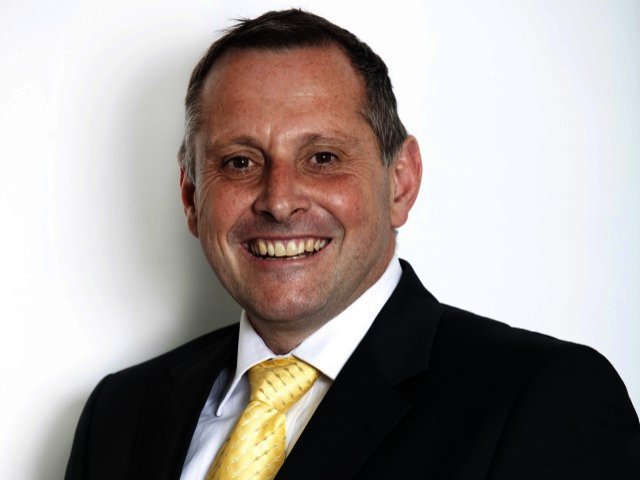At the Philips Africa Innovation Experience 2015, JJ van Dongen, CEO of Philips Africa highlighted some of the key innovative technologies created by Royal Philips over the last year. The innovations showcased cut across a broad range of uses and industries, but the common link between them is the impact they would have on the end user - namely improving the quality of life of an individual.
Improving lives through innovation
Today, some 2 billion people still go hungry, while the lifespan of countless people is still at very low levels for lack of hygiene, water and healthcare. Globally, consumption is straining our natural resources and the environment and this is unlikely to improve down the line, given that the global population will grow to 9 billion by 2050. Increased urbanisation means larger cities with often more than 20 million people in need of a safe, healthy and inspiring environment. This means that there will be even more demand for food, water and energy. And ageing societies and the rise of chronic diseases means healthcare costs are spiralling out of control.
Philips aims to play a part in empowering people to be healthy, live well and enjoy life and has a mission to improve the lives of 3 billion people by 2025 through innovation. Through its commitment to healthcare, the company continues to extend the focus on enriching the lives of communities going beyond just healthcare. Last year, Philips opened its first Community Life Centre in Kenya. This integrated solution for primary health goes beyond healthcare by turning a health facility into a community hub where technology is bundled with services; from a healthcare, lighting and healthy living perspective.
Technological innovation is the touchstone of development
Developed by the Kenya based Philips Africa Innovation Hub, and introduced in collaboration with the County Government of Kiambu in Kenya, the Community Life Centre provides access to health care and at the same time serves as a community hub enabling social, educational and commercial activities after dusk and enhancing safety and security of the neighbourhood.
An important focus of the Community Life Centres is to address infant mortality and improve maternal health, linked to the current UN Sustainable Development Goals, a cause to which Philips remains consistently committed to since the original Millennium Development Goals 4 & 5.
Philips’ work around bringing more control to people living with chronic disease has resulted in the launch of a drug-free app-based solution for people suffering from persistent pain. The Philips PulseRelief helps chronic pain sufferers manage their pain discreetly. The app optimizes use of the device and allows users to track their pain before and after treatment, and over time using their tablet or smartphone.
Additionally, Philips has developed a solution for accurate on the spot blood testing; that will give doctors lab-equivalent results for on-the-spot patient diagnosis and treatment decision making. This new solution, Minicare Acute, is a fully-automated handheld rapid diagnostic testing solution that can measure target molecules in very low concentrations (picomolar) in blood in a matter of minutes.
Another device that can make a difference in people’s life is the Children’s Automated Respiration Monitor (ChARM), which has the potential to assist community health workers in establishing a more accurate measurement of a sick child’s breathing rate to help improve the diagnosis of pneumonia. The availability of ChARM will potentially prevent many of the 935,000 childhood deaths caused by pneumonia each year.
Looking ahead – the future of healthcare
Over the last few years, the technological trends that include social, mobility, analytics and cloud computing have reshaped the operating environment for businesses and empowered consumers through technology.
However, the current model of healthcare is unsustainable: it is delivered in silos, which leads to in-effective treatments and waste. To make healthcare more effective – economically and medically – what is needed is integration and personalisation. And this is starting to happen due to advances in big data, cloud computing and other technologies.
Philips is working with healthcare professionals to create a more integrated approach to healthcare. This means we are connecting and aligning their efforts across the continuum of care, from prevention and early identification, through to treatment, and self-management of chronic illness.
In a time of great changes and challenges, it is up to innovative companies like Philips to convert the challenges into new opportunities and make a positive, meaningful difference in the world.





